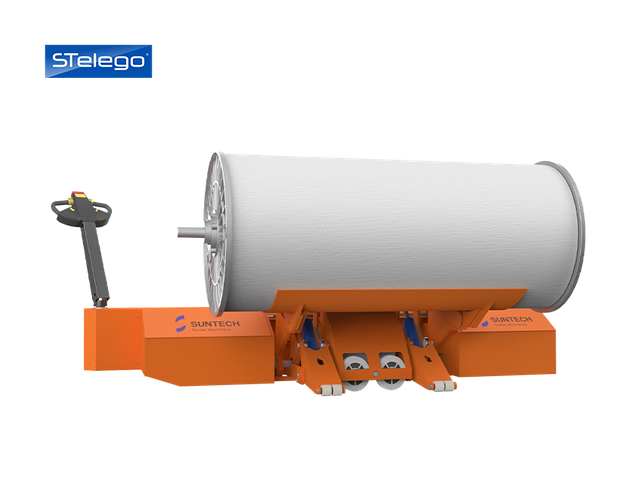Essential Material Handling Lifting Equipment for Efficient Operations
Body
In the realm of industrial operations, the importance of Essential Material Handling Lifting Equipment for Efficient Operations cannot be overstated. These tools are the backbone of any warehouse, manufacturing plant, or distribution center, ensuring that materials are moved safely and efficiently. This article delves into the various types of lifting equipment, their applications, and the benefits they bring to modern operations.

Types of Essential Material Handling Lifting Equipment
Understanding the different types of lifting equipment is crucial for optimizing operational efficiency. Here are some of the most commonly used tools:
Forklifts
Forklifts are ubiquitous in warehouses and construction sites. These versatile machines can lift and transport heavy loads with ease. They come in various types, including counterbalance forklifts, reach trucks, and pallet jacks, each designed for specific tasks. For instance, reach trucks are ideal for narrow aisles, while counterbalance forklifts are perfect for heavy-duty lifting.
Cranes
Cranes are indispensable for lifting extremely heavy loads. They are often used in construction, shipping, and manufacturing industries. Overhead cranes, mobile cranes, and tower cranes are some of the common variants. Overhead cranes, for example, are used in factories to move heavy items across long distances, while mobile cranes offer flexibility and mobility on construction sites.
Hoists
Hoists are essential for lifting and lowering loads vertically. They can be manual, electric, or pneumatic. Manual hoists are suitable for lighter loads and occasional use, while electric hoists are ideal for frequent and heavy lifting tasks. Pneumatic hoists, powered by compressed air, are often used in environments where electrical sparks could pose a hazard.
Conveyors
Conveyors are used to transport materials over short distances within a facility. They are particularly useful in assembly lines and packaging operations. Belt conveyors, roller conveyors, and chain conveyors are some of the common types. Belt conveyors, for instance, are ideal for moving bulk materials, while roller conveyors are perfect for handling packages and pallets.
Benefits of Using Material Handling Lifting Equipment
The use of Essential Material Handling Lifting Equipment for Efficient Operations offers numerous benefits:
Enhanced Safety
One of the primary advantages is improved safety. Manual lifting can lead to injuries and accidents. Using the right equipment minimizes these risks, ensuring a safer working environment.
Increased Efficiency
Lifting equipment significantly boosts operational efficiency. Tasks that would take hours manually can be completed in minutes, freeing up time for other essential activities. This leads to higher productivity and faster turnaround times.
Cost Savings
While the initial investment in lifting equipment can be substantial, the long-term savings are considerable. Reduced labor costs, fewer workplace injuries, and increased productivity all contribute to a healthier bottom line.
Innovative Trends in Material Handling Lifting Equipment
The field of material handling is continually evolving, with new technologies and innovations enhancing efficiency and safety. Automated guided vehicles (AGVs), for instance, are revolutionizing warehouses by automating the transportation of goods. Similarly, smart lifting equipment equipped with sensors and IoT capabilities is providing real-time data and insights, enabling predictive maintenance and reducing downtime.
Conclusion
In conclusion, Essential Material Handling Lifting Equipment for Efficient Operations is a cornerstone of modern industrial operations. From forklifts and cranes to hoists and conveyors, these tools are indispensable for ensuring safety, efficiency, and cost-effectiveness. As technology continues to advance, the future of material handling looks promising, with innovations set to further streamline operations and enhance productivity.
By investing in the right lifting equipment and staying abreast of the latest trends, businesses can ensure they remain competitive in an ever-evolving market. Whether you are managing a warehouse, a manufacturing plant, or a construction site, understanding and utilizing the right material handling lifting equipment is key to achieving operational excellence.











Comments